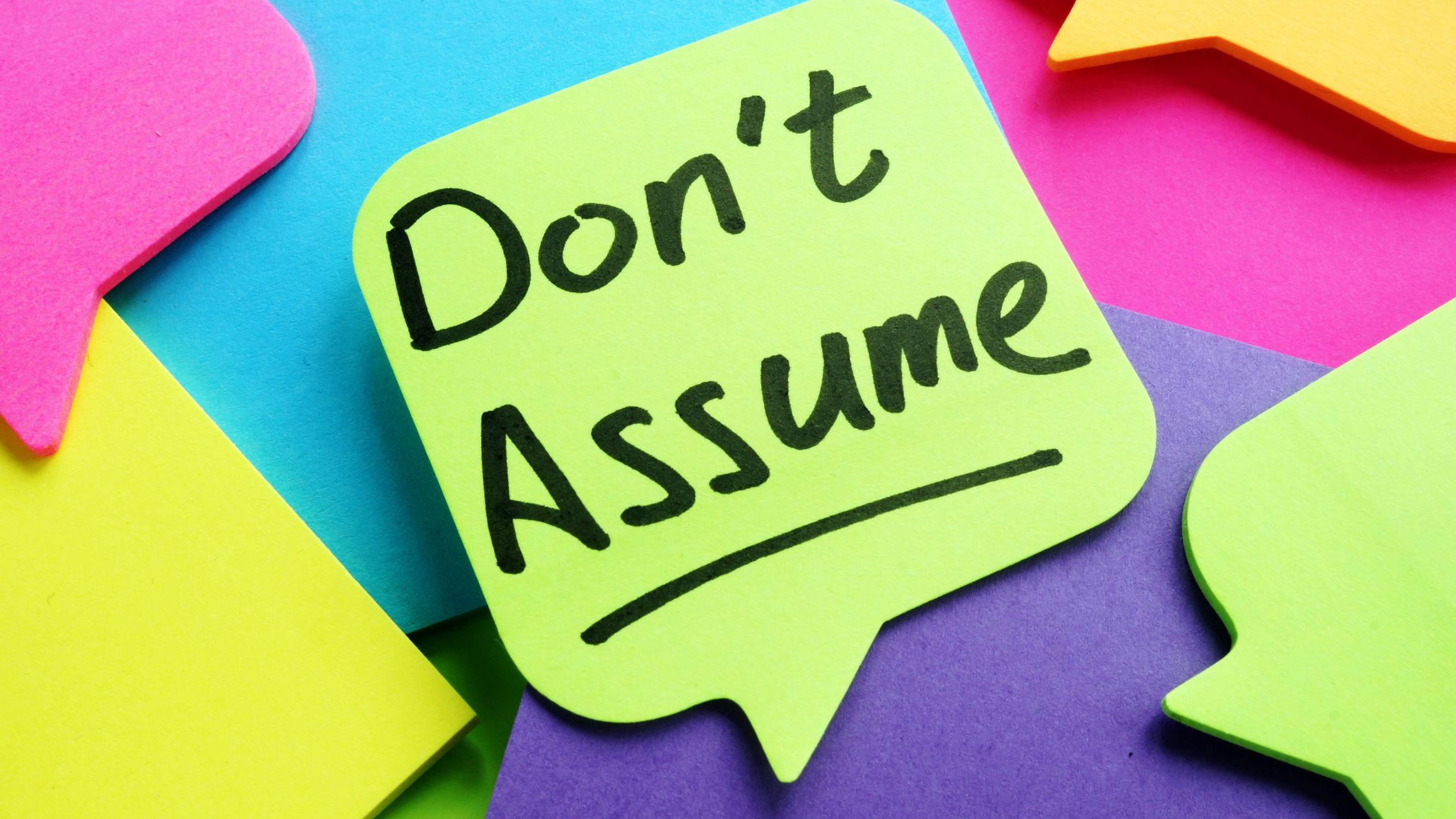I could write a whole blog article series on the top traits for leaders, but in truth, it all comes down to leadership confidence. Many experts have philosophies regarding the personal characteristics you need to do your job effectively, but many overlook the same thing…the importance of confidence in leadership.
Confident leadership is all about knowing who you are, how you show up every day, and how you give direction and influence others.
Characteristics of a Confident Leader
I appreciate that confident leaders have other qualities that endear themselves to their teams, but having the skill and the self-confidence to exhibit them is why they are successful in the first place. And confidence isn’t just important for leaders – teams and employees also need confidence boosters at work.
Important and effective leadership traits like the following all benefit from having the confidence to use them, embody them, or add them to your leadership skillset:
-
- Compassion
- Empathy
- Self-Awareness
- A Sense of humor
- Knowledge
- Time Management
- Honesty
- Commitment
- Growth-orientated
Building confidence by recognizing your values

Why do leaders lack self-esteem and leadership confidence in crucial situations?
In my coaching experience, there is a common thread among business leaders who lack self-assurance. Generally, it’s because something is missing, and naturally, people tend to act out to overcompensate or go into their shells when faced with such a problem.
-
- It could be they are missing key experience(s).
- It could be the lack of ‘talk tracks’ (You don’t know what to say).
- It could be too much noise or distractions, and you can’t prioritize what’s actually important.
- It could be ‘what got me here won’t get me there.’
At the heart of all these things is a lack of confidence in knowledge, skills, talents, and abilities.
So, what is the fastest and most effective way to develop and build confidence in a leadership role while staying true to yourself and your strengths? To me, honoring yourself means living and working according to your values and the principles that guide your actions. As an aside, if you’re interested in learning more about your Core Values, have a look at my assessment here.
With that being said, let me share a few skills I have learned and the top traits I have observed from coaching successful leaders in the industry. Keep in mind that these abilities directly contribute to a person becoming a more confident leader.
#1 – Allow yourself to be curious
If you don’t feel confident about something – it’s usually because something is missing. If you are curious about what’s missing, it will lead you to the exact thing you need in order to gain that confidence.
A curious and confident person gains confidence through exploration. They pinpoint their areas of deficiency and make a beeline toward uncovering the answer.
For example, if you are in a tricky situation at work but can’t handle it correctly, ask yourself: how have others dealt with this in the past? Do you recognize where peers may have been successful in navigating similar waters?
If so, why not test your ideas with a few trusted team members to see if they validate or invalidate your thought process?
Maybe you’re not one to ask people and prefer research. GREAT! Do it! Follow your nose and see what you can sniff out. Try Google, Bing, YouTube, Social Media, the library, maybe even an encyclopedia (actually, do these things exist anymore?).
You know where you like to research info. Go there immediately! Be curious!
#2 – Don’t assume too much

Whether it is written or unwritten, most companies these days employ a ‘no asshole’ rule. Nobody likes working with a know-it-all—there’s nothing more annoying!
Good self-awareness means that even if you think you are right, there is no harm in canvassing the room for differing opinions and helpful feedback. In fact, your confidence to make the right choice is bolstered by having alternate views to come to a conclusion.
Just like rule number one, if we don’t assume too much and proceed with a sense of curiosity, the world unfolds right before our eyes. We encourage others to participate without fear of ridicule, embarrassment, termination, or chastising. Instead, we empower and elevate. This is the mark of a confident leader.
#3 – Be gracious
Anyone who knows anything about Emotional Intelligence (EQ) will recognize the age-old scenario of the PhD employee who is brilliant and solves problems more effectively and with greater ease than anyone else – EVER!
But on the flip side, this person lacks the very essence of being human. They lack humility. Their intellectual arrogance has them coming across as smug, superior, and exhibiting the behavior of a royal asshole.
Nobody wants to work with assholes.
Be humble! Even doing things as simple as saying please and thank you are examples of humility. We are taught this as children. Don’t abandon these manners and common courtesies now just because you are in charge.
Did the fairy godmother wave her magic wand and give you the right to abandon all humility and bark orders as soon as you became a Sr. Leader? Of course not, that’s absurd. Your job is not more important than your family, your team, your faith, or even yourself.
Be humble. Be kind. Extend the same sense of courtesy to others that you damn-well expect they reciprocate. And if you don’t like the word humility, how about – just be cool?!
#4 – Empower your team
There’s something inspiring and motivating about a leader that says: “Hey, you got this, get ‘er done!”
Clear direction and expectations are measures for success that set you apart from the pack. Confident leaders who empower their staff don’t get in the way or micromanage. They give enough leeway to allow for success and personal development.
Empowerment, in this sense, also means you provide complete support. It means you give the pats on the back and all the accolades that come with their great work and success.
Conversely, great leaders should also let their team know when they’ve fucked up—especially when it’s obvious! The best leaders use mistakes as learning opportunities. They see these mistakes as stepping stones towards achieving the greatness their team is destined to achieve. They don’t feed their staff to the wolves or throw them under the bus.
Great leaders provide a safe space for trial and error, and when error occurs, they help their team learn from it.
#5 – Ask, don’t tell (when appropriate)

This one could very well be a part of #1 – curiosity – but it’s so important I’m going to give it it’s own category.
Here’s why – as I partner with leaders of all levels of organizations, all too often they want to solve the problem. They want to have the answer. They think when people come to them, it’s for one reason only – to solve the problem!
WRONG!
One of the top three things I hear from leaders is that they think it’s expected of them to know everything and have all the answers.
WRONG AGAIN!
While much of your job is decoding information and solving issues that arise, sometimes it’s better to flip the script and ask a question rather than give an answer. The likelihood is that both parties will learn amazing things about problem-solving and themselves.
Try responding to a query with: “what do you think?” Or try, “how would you handle this situation?”
Yes, sometimes team members need you to solve the problem or make the decision. But if you take the time to ask a question and allow them to arrive at an answer, you are far more likely to get not only a new perspective, but also more buy-in from your team.
And this point leads me to the next one…
#6 – Great leaders ask questions
Think about it.
What if you’re asked a question and don’t have all the info? Do you plow ahead and hope for the best? Do you make a decision with half-baked details? Of course not. You ask a f***ing question!
Great leaders are self-aware and willing to say ‘I don’t know…and I’ll find out’. If you haven’t said that in awhile, try it on the next time it fits. I’ve witnessed some of my best bosses say these exact words – and I respected them a helluva lot more as a result.
Give it a try!
Here’s the bottom line
When it comes to being a great leader, there are tons of articles and experts out there who can provide you with characteristics to hone, skills to build, or strategies to follow. But at the end of the day – without leadership confidence, you just can’t adequately incorporate these skills into your leadership toolbox.
Building your confidence is the way forward. In order to do that, it’s essential to honor yourself and your values, and to live a life and career that aligns with your guiding principles. The top traits of successful leaders are all closely linked to building and strengthening your confidence as a leader.
By focusing on these elements, you’ll be well on your way to becoming the kind of leader who inspires and motivates others to achieve greatness.
Did you like this article? You might also like:
Fake It Till You Make It vs. Authentic Leadership: Which Strategy Wins?
Managing Negative Emotions: How Conscious Leaders Use Self-Awareness And Create Better Outcomes
Managing Negative Emotions: How Conscious Leaders Use Self-Awareness And Create Better Outcomes




